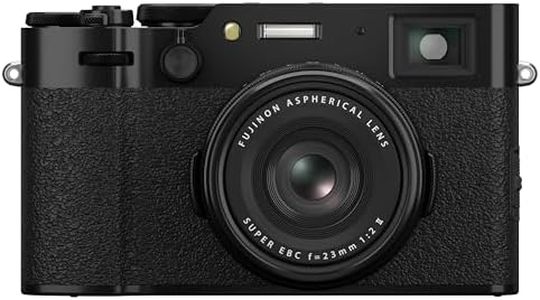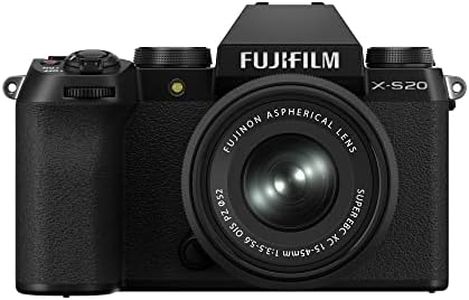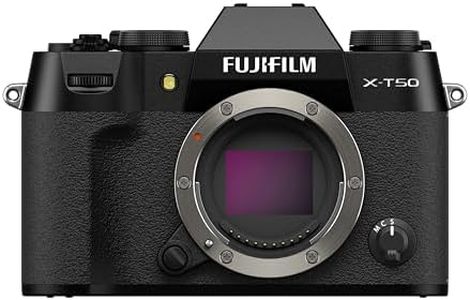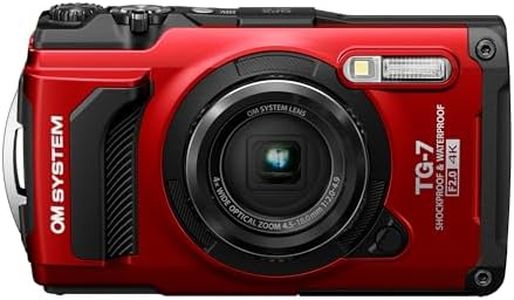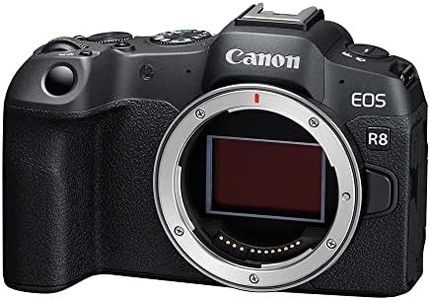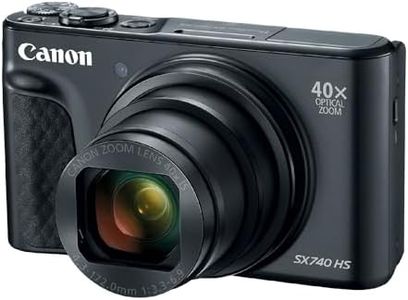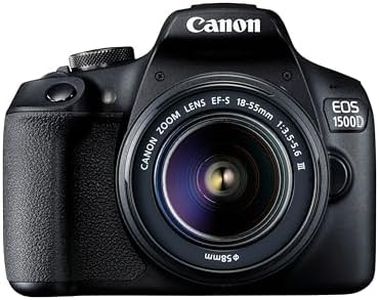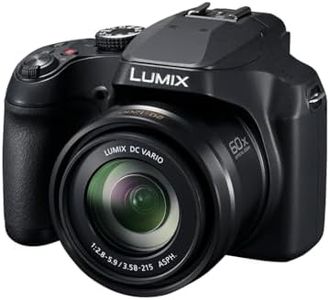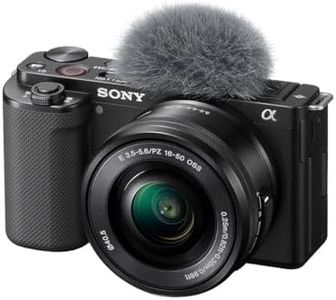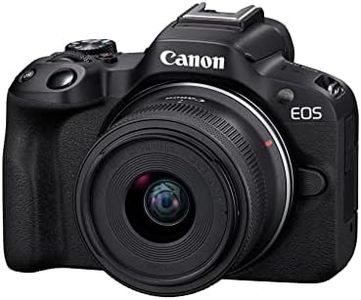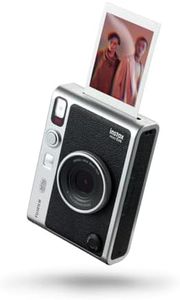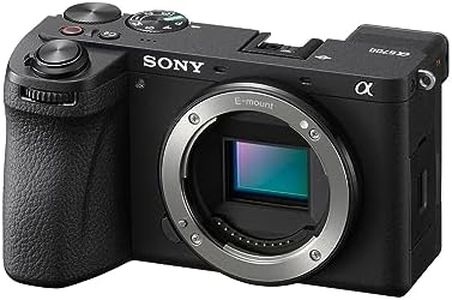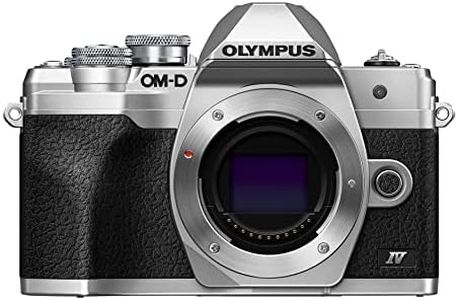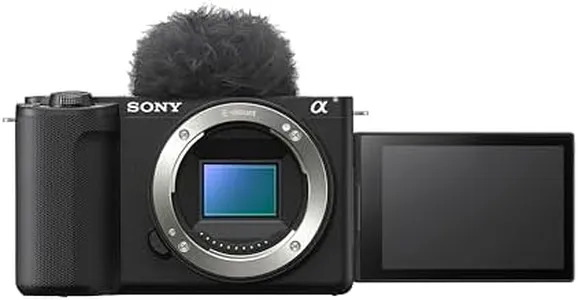We Use CookiesWe use cookies to enhance the security, performance,
functionality and for analytical and promotional activities. By continuing to browse this site you
are agreeing to our privacy policy
10 Best Beginner Cameras
From leading brands and best sellers available on the web.By clicking on a link to a third party's website, log data is shared with that third party.
Buying Guide for the Best Beginner Cameras
Choosing your first camera is both exciting and a bit overwhelming because there are so many choices out there. The key is to find a camera that matches your current skills, is easy to use, and meets your photography interests—whether that's capturing family moments, nature, travel, or learning the basics of photography. The right camera should inspire you to learn and practice, without feeling too complicated or intimidating.Sensor SizeSensor size refers to the physical dimensions of the camera's imaging sensor. This matters because a larger sensor generally captures more light and detail, resulting in better image quality, especially in low-light conditions. You'll often see cameras described as having 'full-frame,' 'APS-C,' or 'micro four thirds' sensors. For beginners, APS-C or micro four thirds sensors are perfect because they offer a good balance between performance and easy handling. If you're mostly shooting in daylight or sharing photos online, sensor size is less critical, but if you want more creative control and image quality, consider a camera with a larger sensor.
Ease of Use and ControlsEase of use is all about how simple and intuitive the camera is for a beginner to pick up and start taking pictures. Some cameras are designed with lots of automatic modes and helpful guides built in, while others offer more manual controls for advanced users. For those just starting out, cameras with a beginner-friendly menu, physical mode dial, and on-screen prompts can make learning much smoother and less frustrating. If you're interested in experimenting more as you learn, a camera that allows you to gradually use manual settings is a great fit.
Autofocus SystemThe autofocus system helps the camera focus quickly and accurately on your subject. This is especially important for action, pets, children, or anything that moves. Entry-level cameras usually have simpler autofocus systems—some with just a few focus points and others with many. If you plan to photograph moving subjects, look for a camera with more focus points and reliable tracking features. If you'll mostly shoot still objects, landscape, or portraits, almost any autofocus system will work well.
Size and WeightThe physical size and weight of a camera can make a big difference, especially if you plan to carry it around for travel, hiking, or everyday use. Bigger cameras often offer more features but can be bulky and heavy, which might discourage you from bringing them along. Compact or mirrorless cameras are lighter and more portable, making them great for everyday photography and travel. If convenience matters to you, pick a camera that feels comfortable in your hand and won't weigh you down.
Interchangeable vs Fixed LensSome beginner cameras come with lenses that can be swapped out, known as interchangeable lens cameras, while others have a built-in, fixed lens. Interchangeable lens systems are more flexible and let you try different types of photography, like wide landscapes or zoomed-in wildlife, as your skills grow. Fixed lens cameras are usually smaller and simpler to use, good for those who just want a straightforward experience. Think about whether you prefer simplicity or want the option to expand later.
Connectivity and Sharing OptionsModern cameras often come with features like Wi-Fi, Bluetooth, or smartphone app connections, making it easy to transfer photos directly to your phone or social media. If you enjoy sharing your pictures online or want to back them up quickly, look for a camera with strong wireless options and an easy-to-use companion app. This makes your entire photo process smoother and more connected to your digital life.
Video CapabilitiesMany beginner cameras offer video features, ranging from basic HD recording to higher-quality 4K options. If you see yourself recording family moments, vlogs, or creative videos, pay attention to the camera’s maximum video resolution and whether it offers features like autofocus during video or built-in microphones. For casual recording, basic HD is enough; but if you want to experiment with content creation, look for at least 1080p or 4K, along with user-friendly video modes.
